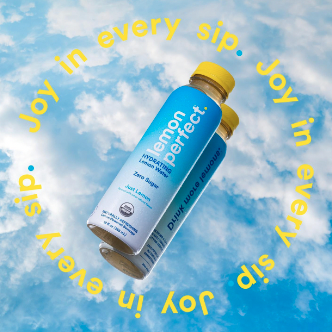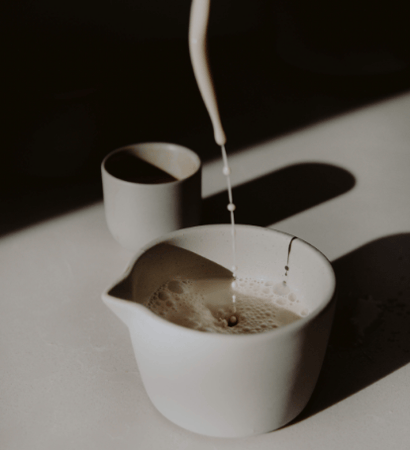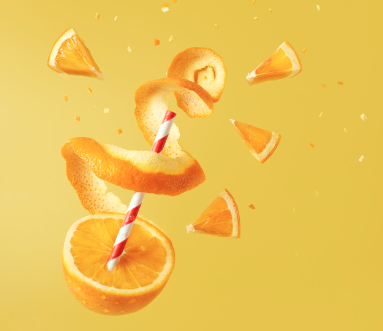When purchasing a beverage for the first time, there are a number of things that can draw in the customer - the packaging, the advertised flavors, the functionality, the health promoting benefits. However, if the customer is making a repeat purchase, the list behind their decision is much shorter. It comes down to taste and texture.
As consumers continue to trend towards healthy, natural options when it comes to their beverages, many brands have had to come up with flavor formulations that still taste good without all the unhealthy sugars and additives.
Masking Tough Taste
Functional and health-centered beverages often have ingredients that give a beverage “undesirable off-notes”. For example - L-theanine, chamomile and ashwaganda all have off-notes that can cause the drinks they are in to taste either bitter, earthy, chalky or even metallic. If brands want to be a competitive player in the quickly growing functional beverage market, they must use masking agents to create functional beverages that also taste good.

So what types of masking agents can beverage brands turn to? It used to be that sugar was the key masking agent for many beverages. However, with the recent rise in health-conscious lifestyles, consumers are now looking for low-sugar or sugar-free options. 83% of consumers reported liking seeing “100% natural” on a label according to a 2021 FMCG Gurus USA Clean Labels Survey. This shift in consumer preferences has forced beverage companies to turn to natural sweeteners like stevia or monk fruit. Take for example Swoon and Chamberlain Coffee's collaborative Matcha Lemonade, which is sweetened with monk fruit instead of sugar. This allows them to advertise the product as “sugar-free” and “diabetic friendly”. Another beverage brand sweetening their drinks naturally is Lemon Perfect. They’re using organic stevia leaf extract to sweeten their drinks and support a clean label.
Don't Forget About Texture
Mouthfeel and texture are two key factors at play when it comes to plant-based dairy alternative drinks. More and more consumers are gravitating towards plant-based alternatives, with 47% of US consumers agreeing that non-dairy milk is 'easy to digest' compared to just 26% who say the same of traditional dairy, according to a Mintel report. Sales in the oat milk sector alone were up 55.3% from last year, with brands such as Oatly, Planet Oats and Chobani as the top three brands in the sector.

As this sector of the drink market continues to grow rapidly, brands looking to expand or break into this area need to create a product that replicates the real dairy mouthfeel and texture. Many brands are looking to hydrocolloids to help solve this problem. Hydrocolloids can be used to create the feeling of creaminess and to reduce graininess in plant based drinks. Experts agree that hydrocolloids are “vital for ensuring optimal mouthfeel, viscosity, particle suspension and stability” in plant-based beverages.
Partner with Top Experts in Beverage Formulation
Thanks to our partnership with leading beverage formulator ADM, we can now help you take your idea to shelf all with one point of contact. Our experts at ADM make the daunting challenge of formulation simple - they'll take your ideas and transform them into a delicious tasting drink. Learn more about how to make your beverage a reality in record time at our website.



